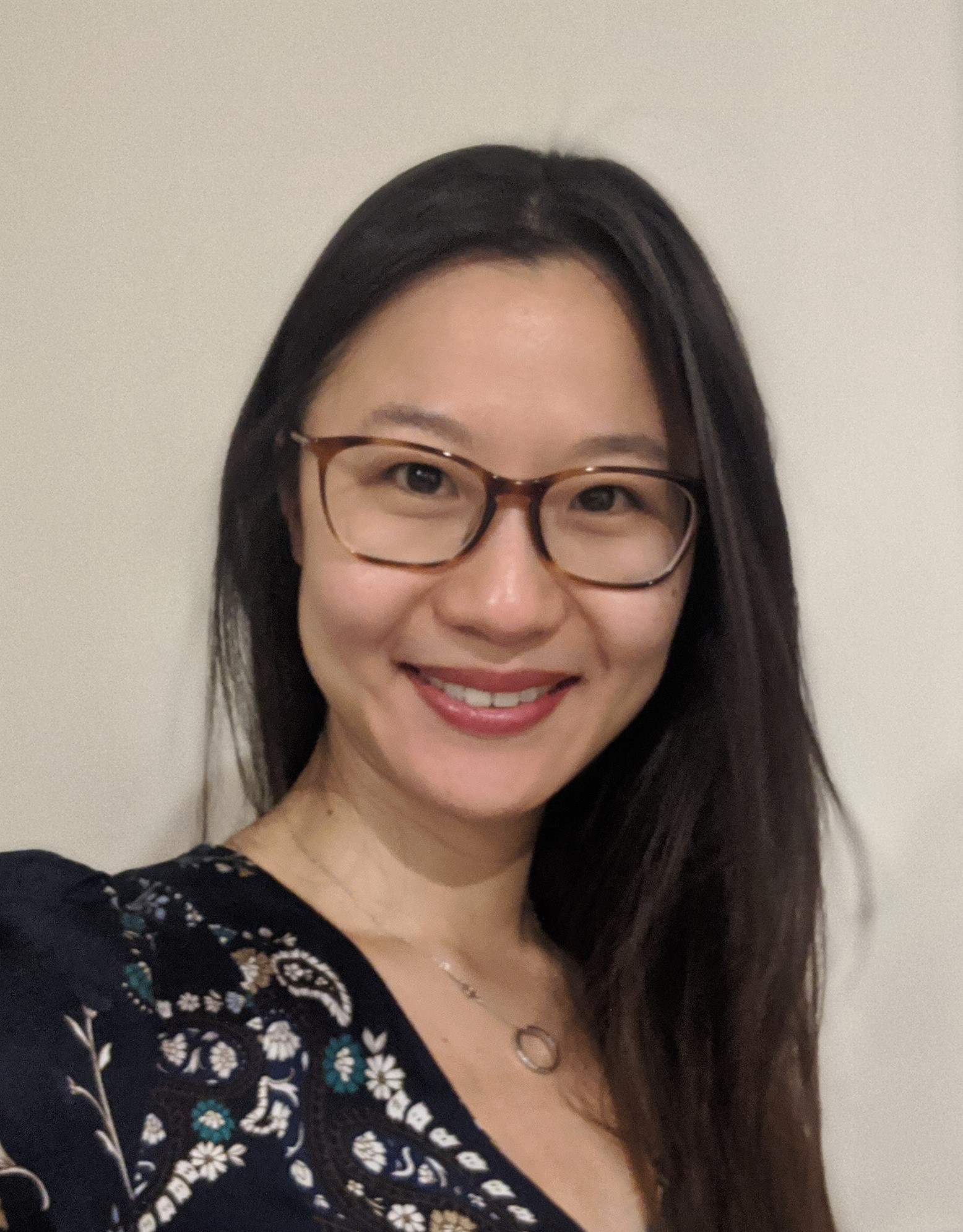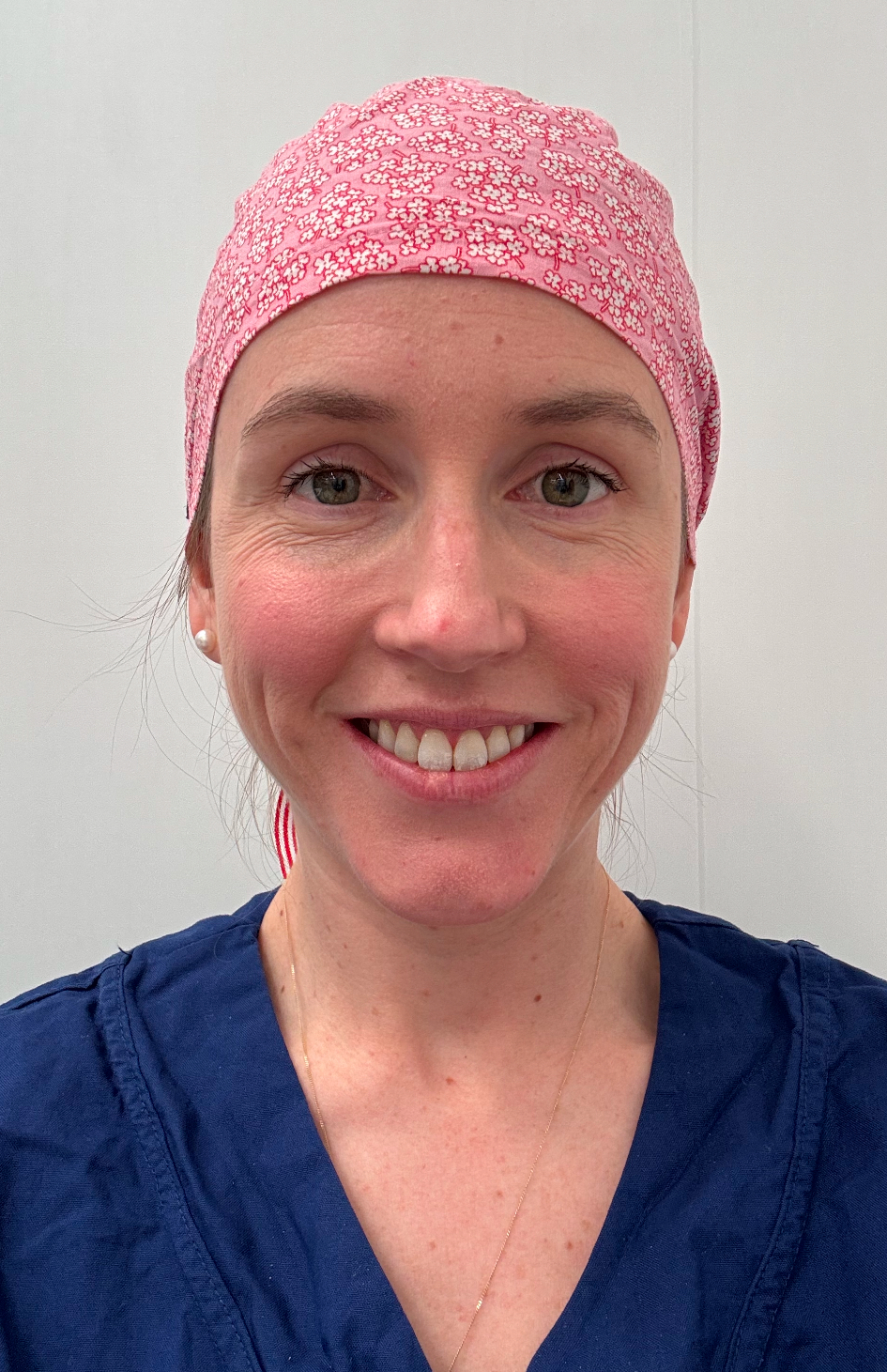2025 | Volume 26 | Issue 5
Established in 2006, the RACS Trainees’ Association (RACSTA) Committee comprises of representatives from all surgical specialties including Aotearoa New Zealand and state and territory committees. It provides input at all levels through to the RACS Council.
RACSTA represents the interests of Trainees within RACS by advocating for issues affecting them. These include quality of training, workplace culture and wellbeing. The aim is to enhance surgical education and training while ensuring the Trainee experience is enjoyable, productive, and well-supported.
RACSTA collaborates with RACS Boards, Committees and specialty groups and are regularly invited to comment on matters that affect Trainees.
Over the next few issues of Surgical News, we will be introducing you to RACSTA Committee members.

Name / SET Level
Joan Tefay , GSET 3
Tell us about yourself.
I am the General Surgery Australia Trainee Representative based in Metro South Brisbane in Queensland.
I started my training in 2023 in PGY6 and am specialising in General Surgery, which I chose as it has a broad scope of practice and the surgeons in it are grounded and down to earth. They are also one of the funniest groups of people I know. The broad scope of practice means I get to tailor my practice around a lifestyle I would like to build for myself in the future.
How would you describe your surgical training journey?
There are challenging rotations and there are enjoyable rotations. Overall, it has matched what I expected, and I find myself enjoying it more as the years go by and I become more competent and confident with my clinical judgement and surgical skills.
Why did you join the RACSTA Committee and is there an area of advocacy you're most driven by?
I joined the RACSTA Committee because I felt strongly about connecting the General Surgery Trainees with a larger agenda and conversation that affect their workforce planning in the future. Being on the RACSTA Committee has connected me with inspiring conversations that deepen my advocacy for Trainees. I enjoy this leadership role because it gives me a supported platform to listen to Trainees and help address their training concerns. It also enables me to contribute meaningfully to discussions about how training is delivered in Australia. These experiences continue to motivate me to represent the Trainee perspective.
What are your hopes for the future of surgical training in your specialty, or training wide?
I hope to bring back the RACSTA Induction Conference as it were pre-COVID-19 times and support Trainees to connect more with each other throughout their journey into becoming surgeons.
I want to ensure genuine feedback from Trainees is communicated to RACS on policies and training programs that affect them, so we can continually improve training. This will help create safe, supportive, and respectful environments—enabling Trainees to graduate as healthy, capable, and collegial surgeons.
What advice would you give to junior doctors interested in your specialty?
My advice is: your colleagues will be your second family, and they matter as much as the work itself. As such, consider and reflect on if you enjoy spending time with them as much as the work itself.

Name / SET Level
Siobhan Clayton, GSET 3
Tell us something about yourself.
I am the ACT Regional Trainee Representative (began Jan 2025) based at the ACT Canberra Hospital. I started training in February 2022.
What is your specialty, and why did you choose it? Is there a particular aspect of the specialty you're most interested in?
I chose General Surgery because I found it to be the most versatile and varied specialty. It offers a broad scope of practice that gives me the opportunity to manage a wide range of conditions—both elective and emergent.
What truly drew me to this speciality is the practicality and usefulness it provides, especially in rural or underserved communities where access to subspecialists can be limited. A general surgeon in such settings becomes a critical resource, often managing everything from trauma and acute abdomen to soft tissue and endocrine issues. Colorectal particularly interests me because of its blend of technical precision, long-term patient care, and its relevance to both benign and malignant conditions.
How would you describe your surgical training journey?
My surgical training journey has been fairly linear. I’ve always known I wanted to pursue a career in surgery, and I’ve stayed focused on that path from early on—since I was in Year 10 and watched a general surgeon operate. I did a year as a Senior Resident Medical Officer before being an Unaccredited Registrar for a year (spread over two clinical years for maternity leave) before starting training. I’ve taken 12 months off each time for my two children and was very well supported as an unaccredited registrar and a Trainee taking maternity leave. The support made it easier to return to training with a clear sense of purpose and momentum.
Why did you join the RACSTA Committee and is there an area of advocacy you're most driven by?
My motivation for joining the RACSTA Committee was to contribute to enhancing surgical training and to advocate meaningfully for Trainee perspectives. Surgical training is demanding, and it’s important that the system supports Trainees both professionally and personally.
I'm particularly interested in advocating for equity in training opportunities—especially for those in rural or regional areas, where access to mentorship and exposure to certain subspecialties can be limited. I’m also keen to work on portability of leave entitlements across training sites and states. Trainees often relocate multiple times during training, and inconsistent leave policies can add unnecessary stress and disadvantage. Improving this would make the training pathway more sustainable and fairer.
What are your hopes for the future of surgical training in your specialty or training wide?
I hope the future of surgical training continues to move toward greater flexibility, equity, and sustainability.
I also believe that as a profession, we need to take a more active role in addressing the environmental impact of surgical practice. I’d like to see sustainability embedded into surgical education—through smarter resource use, reducing waste in theatres, and supporting research into environmentally responsible techniques and systems. Training the next generation of surgeons to be both clinically excellent and environmentally aware is essential for the future of healthcare.
What advice would you give to junior doctors interested in your specialty?
My advice to junior doctors interested in general surgery is to stay curious, be proactive, and take every opportunity to learn—both in and out of the operating theatre. Surgery is a demanding field, but it’s also incredibly rewarding. Build good habits early: show up prepared, be dependable, and take initiative. These qualities are just as important as technical skill.
I’d also encourage them to seek out mentors—not just for career advice, but for guidance on how to navigate the lifestyle, challenges, and decisions that come with surgical training. Finally, remember that it’s a long journey, and it’s okay for it to not always be linear. Prioritising balance and sustainability—especially around things like family, mental health, or time away from training—is important and doesn’t make you any less committed or capable as a future surgeon. It's a marathon, not a sprint.
A fun fact about yourself e.g. hobby/interest, personal achievement
When I get a weekend off, I like to get out to my local Parkrun, and my current PB is 19:11 minutes (5km)